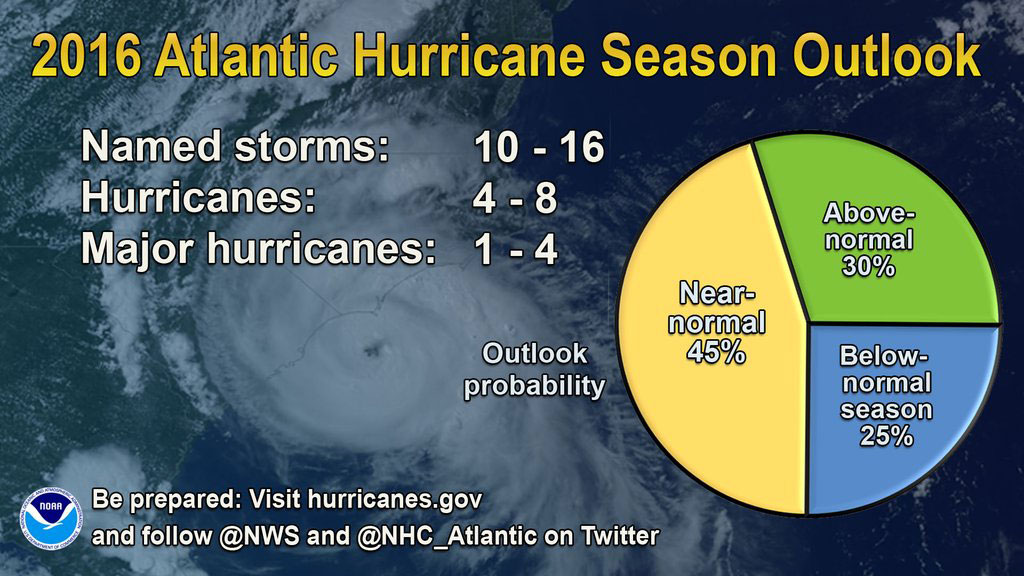|
|
|
|
|
|
 |
 |
 |
 |
 |
 |
 |
 |
 |
 |
 |
 |
 |
 |
|
|
|
UF Explore Magazine Highlights FCI Climate Change Research
The Summer 2016 issue of the University of Florida's Explore magazine is now out and features the Florida Climate Institute at UF Director, co-Director, and several affiliated faculty. The climate-themed issue includes stories on sea-level rise, coastal planning, agriculture, energy efficiency, economics, design, health, coastal forestry, and humanities.
|
|
|
|
|
|
NPR Report: Rising Seas Push Too Much Salt Into The Florida Everglades
A recent NPR story featured research being conducted by FCI co-director Tiffany Troxler (FIU) on the effects of sea level rise on the Florida Everglades. Troxler is participating in an experiment that pumps salt water into a test site in the Everglades in order to examine how the salt water may change the structure of plants and soil. "When we start to lose the structure of the plants," said Troxler, "essentially this peat, which is otherwise held together by roots, becomes a soupy pond."
|
NSF Funding UF Research on Zika Virus
Sadie Ryan (UF) and colleagues, have just received a National Science Foundation grant to study the socio-ecology and climate responses of Zika virus transmission by Aedes aegypti mosquitoes in southern coastal Ecuador. By analyzing blood samples, deploying climate sensors, and conducting socio-ecological surveys, the researchers will gain insight into the spread of Zika as climate, altitude and socioeconomic levels change.
|
|
 2016 Atlantic Hurricane Season 2016 Atlantic Hurricane Season
|
Publications
FCI affiliates and/or authors from FCI member universities are in bold.
Abbott, B. W., Jones, J. B., Schuur, E. A. G., ... Benscoter, B. W., ... Oberbauer, S. F., ... Spencer, R. G. M., et al. (2016). Biomass offsets little or none of permafrost carbon release from soils, streams, and wildfire: an expert assessment. Environ. Res. Lett., 11(3), 034014.
Alizad, K., Hagen, S. C., Morris, J. T., Bacopoulos, P., Bilskie, M. V., Weishampel, J. F., & Medeiros, S. C. (2016). A coupled, two-dimensional hydrodynamic-marsh model with biological feedback. Ecological Modelling, 327, 29-43.
Anandhi, A., Hutchinson, S., Harrington, J., Rahmani, V., Kirkham, M. B., & Rice, C. W. (2016). Changes in spatial and temporal trends in wet, dry, warm and cold spell length or duration indices in Kansas, USA. Int. J. Climatol., early online release.
Burke, M., Craxton, M., Kolstad, C. D., ... Kelly, D. L., et al. (2016). Opportunities for advances in climate change economics. Science, 352(6283), 292-293.
Chambers, L. G., Guevara, R., Boyer, J. N., Troxler, T. G., & Davis, S. E. (2016). Effects of Salinity and Inundation on Microbial Community Structure and Function in a Mangrove Peat Soil. Wetlands, 36(2), 361-371.
Cinner, J. E., Pratchett, M. S., Graham, N. A. J., Messmer, V., Fuentes, M. M. P. B., Ainsworth, T., et al. (2016). A framework for understanding climate change impacts on coral reef social-ecological systems. Reg Environ Change, 16(4), 1133-1146.
Hall, J. A., Gill, S, Obeysekera, J., Sweet, W., Knuuti, K., & Marburger, J. (2016). Regional Sea Level Scenarios for Coastal Risk Management: Managing the Uncertainty of Future Sea Level Change and Extreme Water Levels for Department of Defense Coastal Sites Worldwide. U.S. Department of Defense, Strategic Environmental Research and Development Program.
Hoffmann, H., Zhao, G., Asseng, S., ... Kassie, B. T., et al. (2016). Impact of Spatial Soil and Climate Input Data Aggregation on Regional Yield Simulations. PLoS ONE, 11(4), e0151782.
Liu, M., Xu, X., Wang, D., Sun, A. Y., & Wang, K. (2016). Karst catchments exhibited higher degradation stress from climate change than the non-karst catchments in southwest China: An ecohydrological perspective. Journal of Hydrology, 535, 173-180.
|
About Us
The Florida Climate Institute (FCI) is a multi-disciplinary network of national and international research and public organizations, scientists, and individuals concerned with achieving a better understanding of climate variability and change.
|
|
|
|
 |
 |
 |
 |
 |
 |
 |
 |
 |
 |
 |
 |
 |
 |
|
|
|
|
|